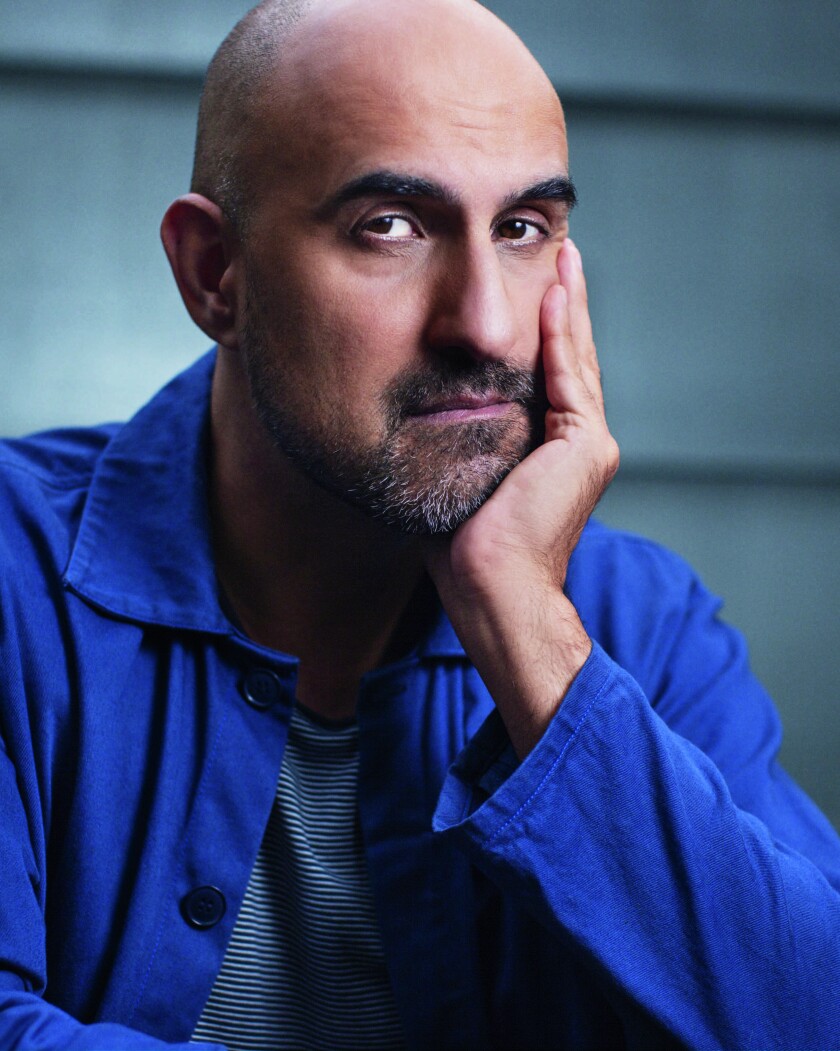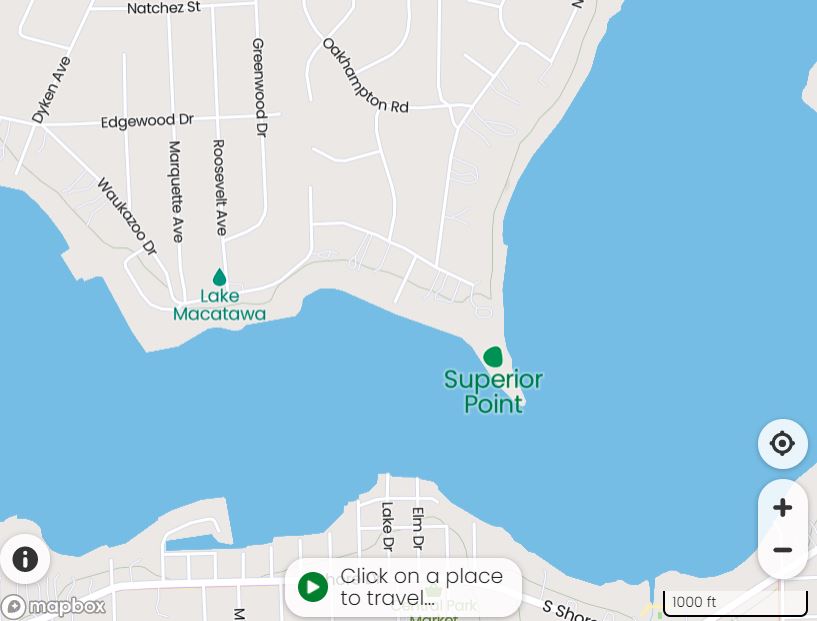Today is my 70th birthday and I’m very happy to be here. One of the things about living this long is that you know you didn’t die young. Except for a diligent dermatologist I might not have made it. He found a funny looking spot on my head, tested it, and then passed me on to people who could remove my melanoma.
Our daily lives are shaped by many turns of fate. Probably most of them we slide past unknowingly.
Anyway, I’m glad to be alive. My blood pressure was low this morning and despite some cheating my weight continues to fall slowly. I have been exercising daily for a few years with an eye on raising the odds on being able not only to live but do some thinking.
Yesterday morning I got hung up in Charles Ives. I listened to his Concord Sonata as I exercised. I pulled out my piano score and despite the difficulty of reaching even an octave with my left hand played slowly and pretty accurately through several pages.
I also read a bit of Liszt’s piano transcription of the first movement of Beethoven’s 5th symphony. In his Essays before a Sonata as quoted in the piano score, Ives writes the third movement, “The Alcotts.” He seems to be thinking a lot about the “Orchard House” where the Alcotts lived.
Within the house, on every side, lie remembrances of what imagination can do for the better amusement of fortunate children who have to do for themselves—much-needed lessons in these days of automatic, ready-made, easy entertainment which deaden rather than stimulate the creative faculty. And there sits the little old spinet-piano Sophia Thoreau gave to the Alcott children, on which Beth played the old Scotch airs, and played at the Fifth Symphony.
That’s exactly what I do: “play at the Fifth Symphony.” The Symphony permeates Ives’ music. It is prominent in the first movement of the Concord Sonata. It helps to go back to Beethoven and sip from the well of Ives’ inspiration.
Once again our visit to the beach was made on a very windy September day. It is exhilarating to sit by the channel and read when it is so windy. We stopped at the library and I picked up some books including An Indigenous Peoples’ History of the United States by Roxanne Dunbar-Ortiz.

Sandra Cisneros mentioned this book in her By the Book interview in the September 2, 2021 New York Times Book Review. I thought it sounded interesting and ordered a copy through the library.
I read the Introduction and the First Chapter sitting on the windy beach. Dunbar-Ortiz is helping me understand the history of how white people replaced all the brown people who lived in the Americas before them.
The short answer is settler colonialism.
The Wikipedia article linked above has a concise definition: “Settler colonialism is a form of colonialism that seeks to replace the original population of the colonized territory with a new society of settlers. As with all forms of colonialism, it is based on exogenous domination, typically organized or supported by an imperial authority.”
Dunbar-Ortiz outlines a brief survey of the dizzying variety of civilizations that precede European colonization. She says it was not the “new world.” It has a history of technology and ideas and peoples. There were roads everywhere. The forests were cultivated. Corn was raised to feed large populations. It boggles my mind which has been shaped by a misunderstanding of the history of the land where I live.
Here’s a pertinent quote from Dunbar-Ortiz:
“The total population of the hemisphere was about one hundred million at the end of the fifteenth century, with about two-fifths in North America, including Mexico. Central Mexico alone supported some thirty million people. At the same tie, the population of Europe as far east as the Ural mountains was around fifty million. Experts hae observed that such population densities in precolonial America were supportable because the people had created a relatively disease-free paradise. There certainly were diseases and health problems, but the practice of herbal medicine and even surgery and dentistry, and most importantly both hygienic and ritual bathing, kept diseases at bay.”
Eileen just got up and is taking a shower. I’m hoping to get to the Farmers Market this morning. Time to quit. More tomorrow on Ives and other stuff.





